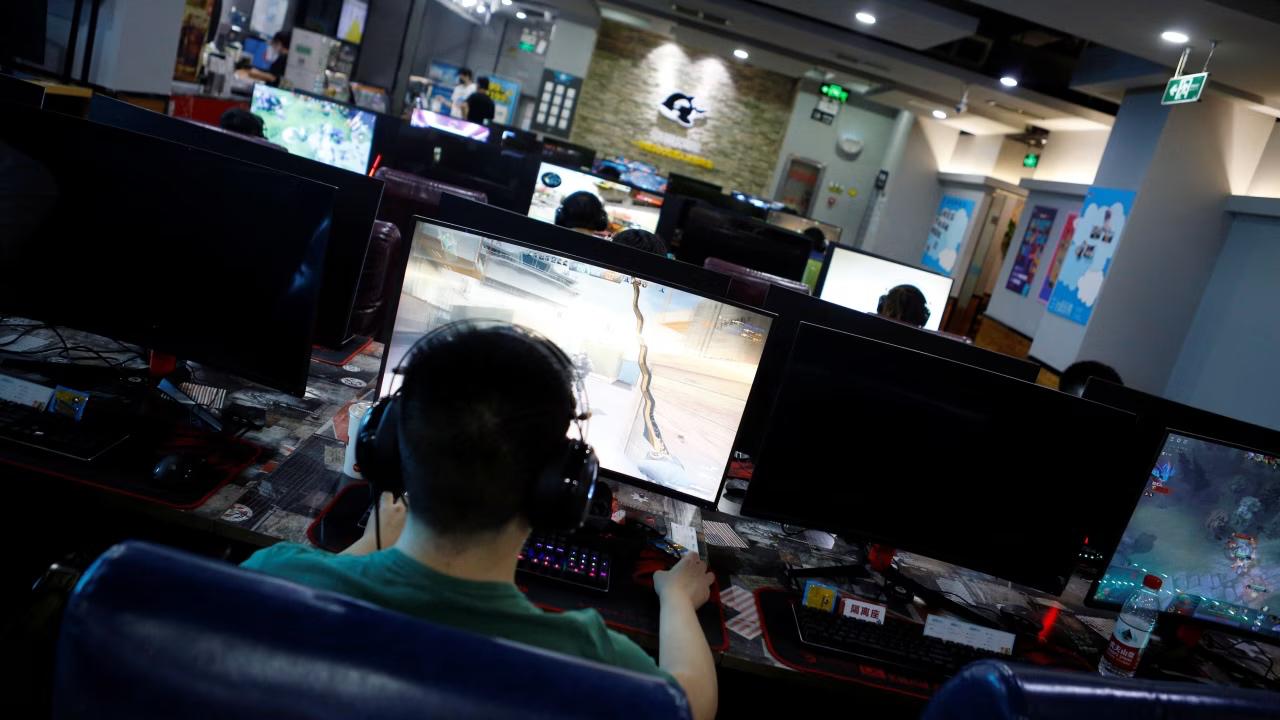China has once again captured global attention with its latest digital policy. Authorities in Beijing officially launched a two-month campaign to monitor online content, including social media platforms, blogs, forums, and even instant messaging services. The move is aimed at removing posts deemed to spread hostility, pessimism, or negative economic rumors. For the government, the campaign is meant to safeguard social stability and preserve public optimism. For users, however, the policy raises serious questions about freedom of expression and the erosion of digital privacy.
Background to China’s Strict Oversight
China places information control at the core of its national strategy. The government views social media not merely as a place for personal expression, but as a political, economic, and social arena capable of influencing national stability. As a result, content surveillance is framed as a “preventive measure” before public opinion snowballs into larger unrest.
In recent years, China’s domestic economy has faced significant challenges. Slower growth, a property sector crisis, and rising youth unemployment have fueled public anxiety. Authorities fear that unchecked pessimistic narratives spreading quickly across social media could worsen sentiment, further undermining confidence in the economy’s prospects.
Political narratives also play a critical role. China is determined to maintain its image as a resilient and stable nation. For that reason, control over public discourse is seen as a strategic necessity. Social media has become the frontline in this battle of narratives, and the state is determined not to lose ground.
Economic Motivations
One of the main drivers behind this policy is concern about market psychology. In economic theory, collective perception can shape consumer behavior and investment trends. If the public is constantly fed negative narratives, household consumption could decline, capital outflows may rise, and financial stability could be shaken. By tightening oversight, the government aims to break this psychological chain reaction.
Political and Security Dimensions
The policy also seeks to secure political legitimacy. The Communist Party of China recognizes that the greatest threats to stability are not always external, but can emerge domestically as viral discontent. By suppressing negative opinions, the government hopes to ensure that the digital sphere remains aligned with central political objectives.
Effects of the Policy on Users
Content surveillance impacts not only tech companies but also the everyday lives of users. From public forums to private conversations, information control shapes how people communicate and express themselves.
Many users are already experiencing a loss of freedom of expression. Simple complaints or sarcastic comments can be flagged as undesirable pessimism. This environment encourages self-censorship, where individuals choose silence or resort to coded language instead of speaking openly.
More importantly, the policy erodes digital privacy. To enforce content restrictions, algorithms and monitoring systems must penetrate spaces long considered private, such as small group chats or direct messages. The line between public and private communication is becoming increasingly blurred.
Declining Trust in Platforms
This growing intrusion undermines trust in domestic social media platforms. Users who feel constantly monitored are less likely to engage openly, leading many to migrate toward foreign platforms, VPN use, or encrypted apps that are harder for authorities to control.
Shifting Social Behavior
The policy also reshapes social behavior. Instead of participating in serious discussions, many users gravitate toward light entertainment. Those who still wish to share critical opinions rely on metaphors, humor, or hidden language. Such adaptations highlight how people attempt to preserve free expression under restrictive conditions.
Systemic Dynamics and Global Implications
China’s oversight campaign carries implications far beyond its borders. For the tech industry, it means domestic companies must operate as extensions of the state, complying with government directives and implementing automatic censorship systems. Innovation in artificial intelligence, rather than fostering creativity, is increasingly directed toward surveillance and content moderation.
On the international stage, the policy has reignited debates over digital authoritarianism. Other governments facing similar challenges may see China’s model as a blueprint. This raises the risk of stricter censorship practices spreading globally.
Investor and Business Reactions
Foreign investors view strict oversight as a regulatory risk that may stifle innovation and limit market openness. Some firms may delay expansion or adopt cautious strategies when operating in China. Conversely, for domestic investors, the policy could be perceived as a way to maintain short-term stability.
Global Democratic Concerns
The policy also raises pressing questions about the future of democracy and free speech. If more countries adopt China’s approach, the world could face a trend in which individual rights and privacy erode further. Global discourse on data rights, privacy, and digital freedom is intensifying as a result.
Einsteinian Reflections
Albert Einstein often emphasized the importance of freedom of thought in driving progress. Restricting human expression limits the collective imagination. Strict censorship can be compared to a closed physical system: energy—in this case, public opinion—cannot be destroyed, only redirected.
This means that if official channels are shut down, opinions will migrate to underground spaces where control is more difficult. The erosion of privacy is not only about losing personal space but also about the disappearance of safe environments for imagination. In the long run, this could reduce the diversity of ideas needed to fuel innovation.
China’s tightening of social media oversight is designed to preserve social stability and public optimism. Yet the campaign also creates serious side effects for users: diminished freedom of expression, eroded privacy, and declining trust in platforms. On a global scale, the move fuels debates on the future of digital democracy.
The digital world’s trajectory remains uncertain. The central question is whether freedom and privacy can endure in an era increasingly shaped by digital authoritarianism. For more in-depth analysis of how global trends are reshaping the future of online spaces, continue reading on Olam News.






